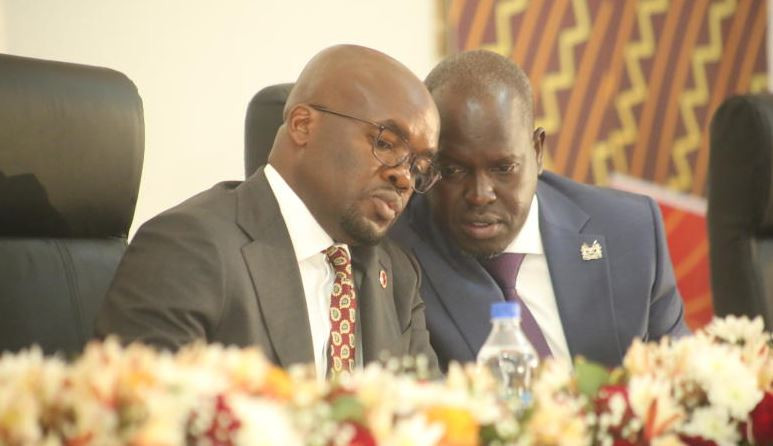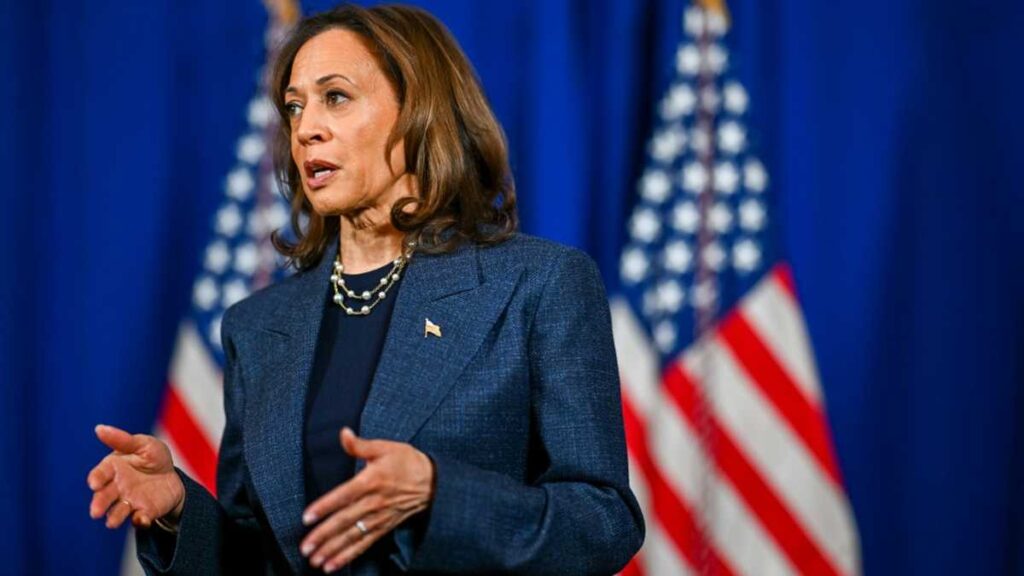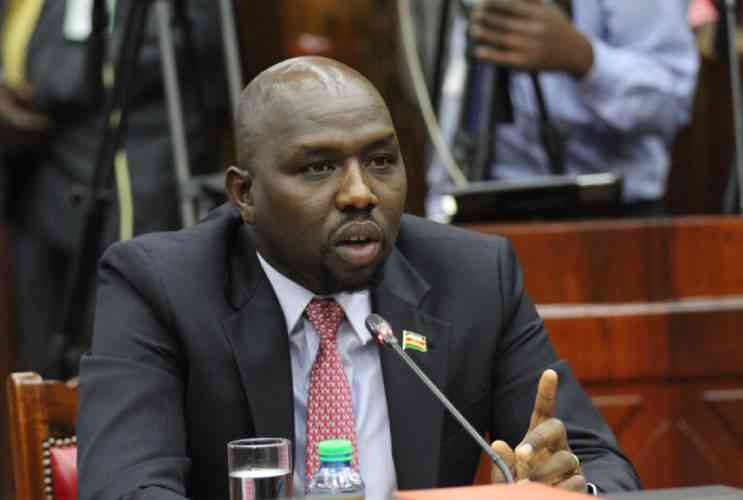The government has unveiled new regulations to tighten the operations of civil societies in the country.
The Draft Public Benefits Organisations Regulations 2025 were launched on Thursday in a major policy shift aimed at strengthening accountability, transparency and promoting convergence between the state and the civil societies.
The draft regulations developed under the framework of the Public Benefit Organizations Act 2013 provides clearer guidelines on registration, reporting and coordination of CSO activities.
Crucially, they also open the door for possible funding of the organisations by the government as international donations continue to dwindle.
The launching of the draft regulation paves way for full implementation of the PBO Act which was enacted in May 2024, repealing the NGO Act 1990.
Interior Principal Secretary Dr Raymond Omollo described the new law as the “most consequential and progressive” legislation in the civil society space stating that its benefits largely outweigh the defunct NGO Act 1990.
Omollo stated that the new law aligns with Article 36 of the Constitution on freedom of association by enabling non-restrictive registration, strengthens asset management and protection for civil societies.
“It also streamlines registration through a fair regulatory framework, and introduces a strong dispute resolution mechanism via a new district tribunal established by the judiciary,” said the PS while launching the draft regulations.
Once fully enacted, the PBO Act will allow the public and insiders to scrutinise the operations of the PBOs including going through their accounts in raise alarm in case of any unlawful activities.
“The government does recognise that PBOs play a great role in complementing our national development efforts and we also appreciate that PBOs serve the poor, the vulnerable and those who are at the bottom of our society’s pyramid,” said Omollo.
PS Omollo stated that the new law also provides a pathway for financing of the CSO sector citing the dwindling donations from the external partners and donors.
“With increasing competition for resources and a shrinking funding space, we must consider how these regulations and the implementation of the Act can help create an environment that supports sustainable financing across the various sub-sectors we are engaged in,” said Omollo.
Omollo stated that under the new regulations, the government will be keen on crackdown of PBOs financing unlawful and illegal activities including terrorism.
“One of the key issues affecting this sector is the risk-based assessment of PBOs in relation to terrorism financing. As we work to finalize the regulations, we are committed to ensuring they do not create a safe haven for individuals who may seek to misuse the sector and tarnish its otherwise positive contributions,” said Omollo.
The CSO representatives lauded the enactment of the Act and launch of the regulations arguing that it raises the bar on values governing PBO management, placing integrity, transparency and collaboration.
Stay informed. Subscribe to our newsletter
Amnesty International Director Houghton Irungu said the new law offers a clear balance between state over-regulation and public benefits organization disorganization.
“It offers a pathway out of financial dependency on foreign donors and a weak accountability to the Kenyan public, but it also offers higher standards of effectiveness, transparency and efficiency in the way that we use public resources,” said Irungu.
Margaret Lubaale, the Chief Executive Officer of Health NGOs Network (HENNET) the PBO Act open a door to explore domestic resource mobilization and better use of local funding.
She added that it also offers an opportunity to advocate for government support through social contracting, where the government funds NGOs to deliver services to the last mile particularly the grassroots organisations.
“This is a landmark law and one of the most transformative elements that we will be able to use to address the dwindling financial space and to see how we can bring the experience that CSOs have to bear in terms of service delivery,” said Lubaale.
“The regulations also create opportunities for us to implement public programs to strengthen service delivery and to scale innovation, especially in underfunded areas like primary health care, nutrition, mental health and gender equity,” she added.
Davis Malombe, Executive Director Kenya Huma Rights Commission urged the PBA Authority to ensure the law is not used to restrict operations of civil societies.
Kamau Ngugi, Defenders Coalition executive director stated welcomed the new law stating that the provisions on self-regulations as mandated in the Act will give power to the CSOs to weed out rogue organisations posing as charities but are conducting illegal activities.
“Unlike in the defunct NGO Act, the new law gives clear guidelines on registration, reporting and operations of the civil societies. It also gives a room for us to engage in commercial activities for sustainability,” said Ngugi.
The law also mandates Kenya Revenue Authority to come up with regulations to offer tax exemptions to the civil societies.
Enactment of the Act in May 2024 and unveiling of the harmonised regulations marked a new begging for CSOs after more than 11 years of delayed enactment.
PS Omollo acknowledged that Kenya may have missed out on significant opportunities by delaying its implementation since 2013.
He questioned the potential benefits the country could have gained if the Public Benefit Organizations (PBO) Act had been operational earlier, such as more registered PBOs, increased employment opportunities, and a stronger regulatory framework.
A report by the PBO Authority indicates that organisations received Sh196 billion for projects and employed more than 8,000 people.

























